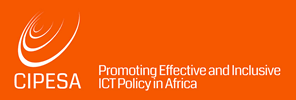Articles by Collaboration on International ICT Policy for East and Southern Africa (CIPESA)
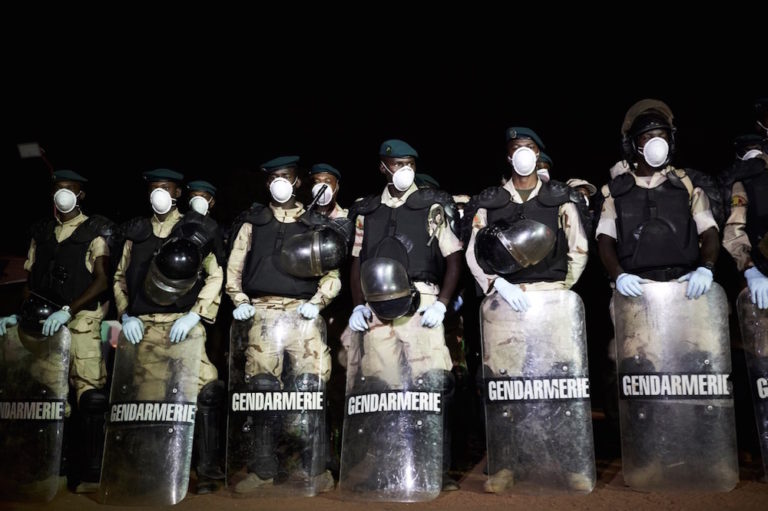
Covid-19 deepening Africa’s democratic regression
The response by African states to the Covid-19 pandemic focuses more on battering democracy, human rights and freedom of expression and less on solutions.
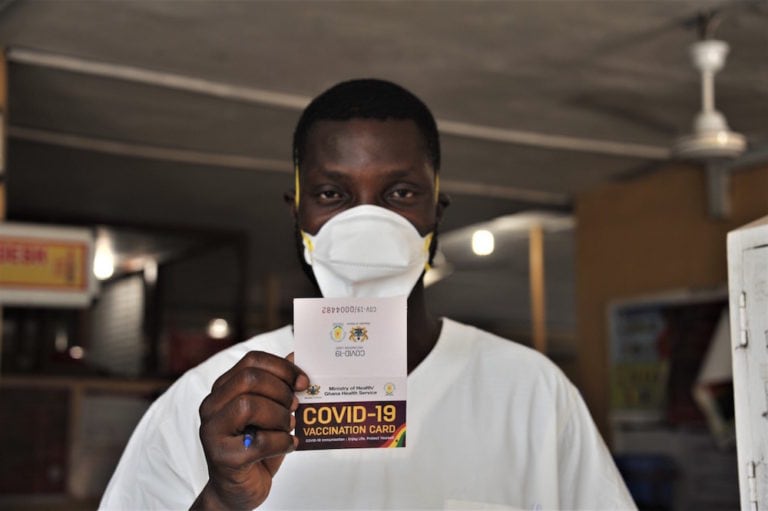
Technology a shot in the arm in West Africa’s fight against COVID-19
Telecommunications companies, civic groups and state entities in Ghana, Togo and Cote d’Ivoire harness the power of technology in fighting the Covid-19 pandemic.
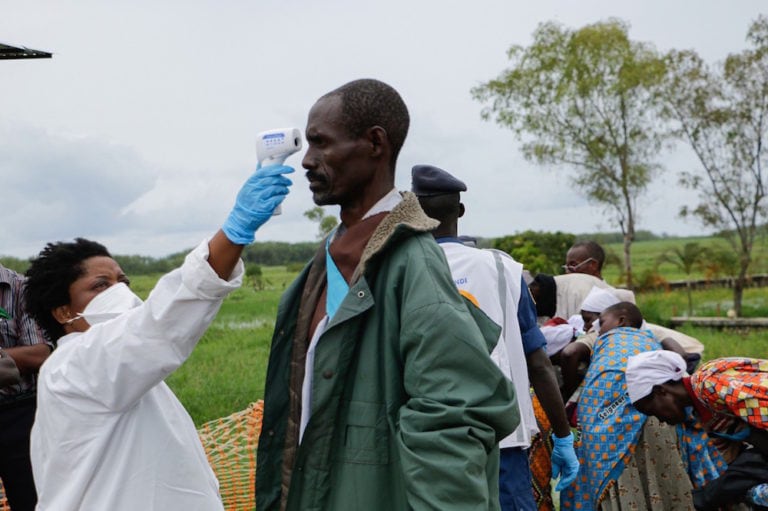
Africa’s handling of COVID-19 marred by abuse of power
The continent’s initially successful response to the pandemic was tainted by denialism, corruption and weaponisation of social media across several countries.
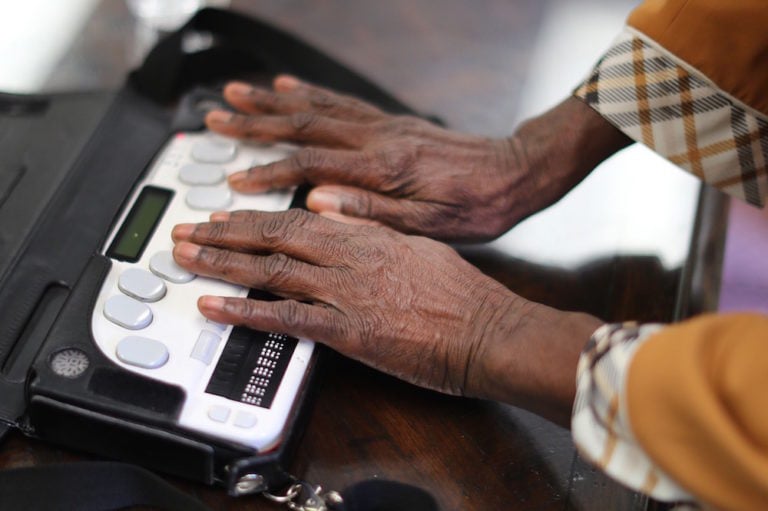
Equitable access to digital services needed for people with disabilities
Telecommunications companies in Nigeria and Kenya have failed to create products and services that care for persons with disabilities, according to a survey of operators.
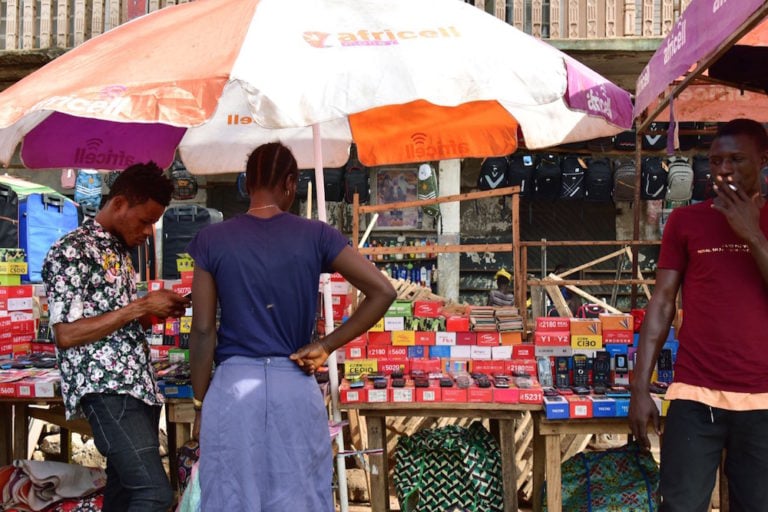
Namibia and Sierra Leone’s digital rights record under scrutiny during UPR process
Crucial UN Universal Periodic Review of Namibia and Sierra Leone puts spotlight on both countries’ digital and human rights records.
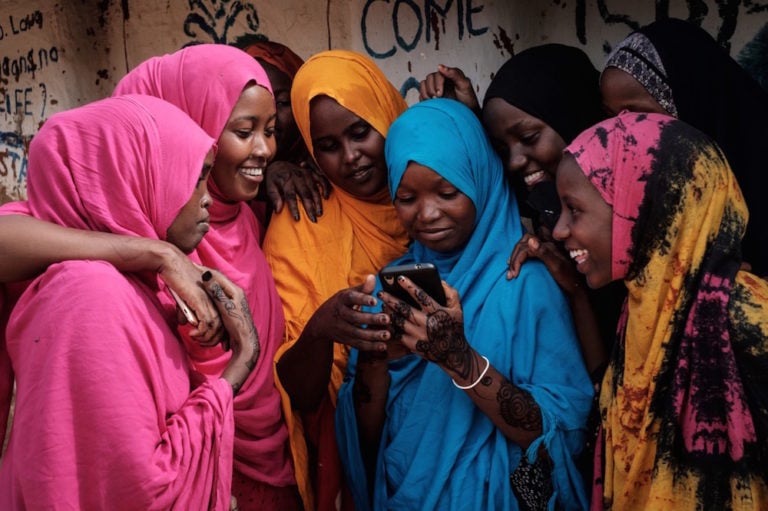
#WithoutFear initiative fights online harassment of women
Somali digital rights group Digital Shelter launches #WithoutFear initiative to raise awareness of the challenges faced by Somali women online, while providing a digital safety and security platform.
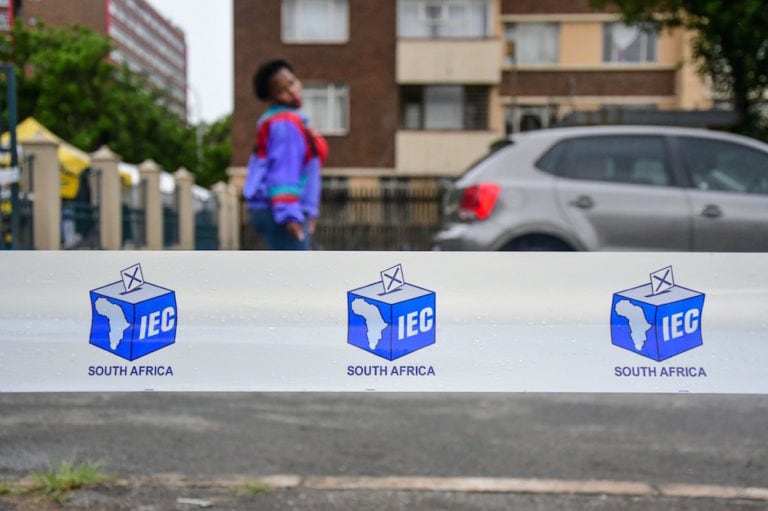
South Africa’s Parliament rejects plan to introduce e-voting
The Parliament’s Portfolio Committee on Home Affairs rejects two proposals which could have seen the introduction of electronic voting in the country.
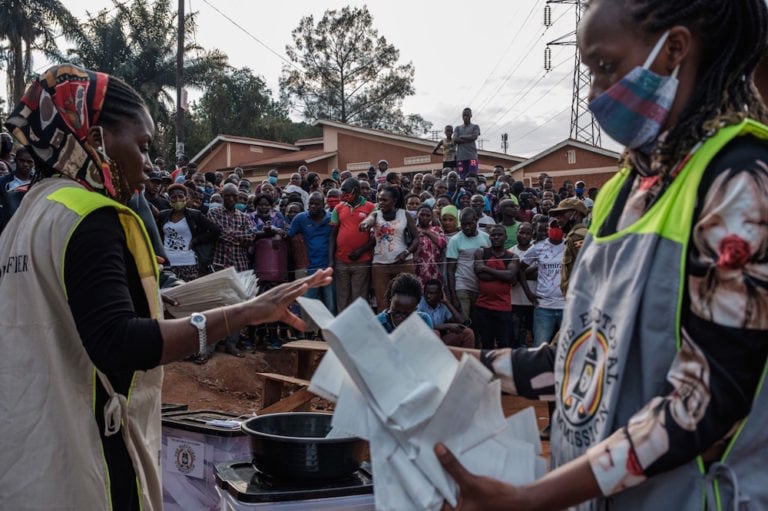
Why access to information is essential for democracy in Africa
The all too common tendency to disrupt the internet during elections has a profound impact on socio-economic rights, such as the right to education, housing, health and social security.
